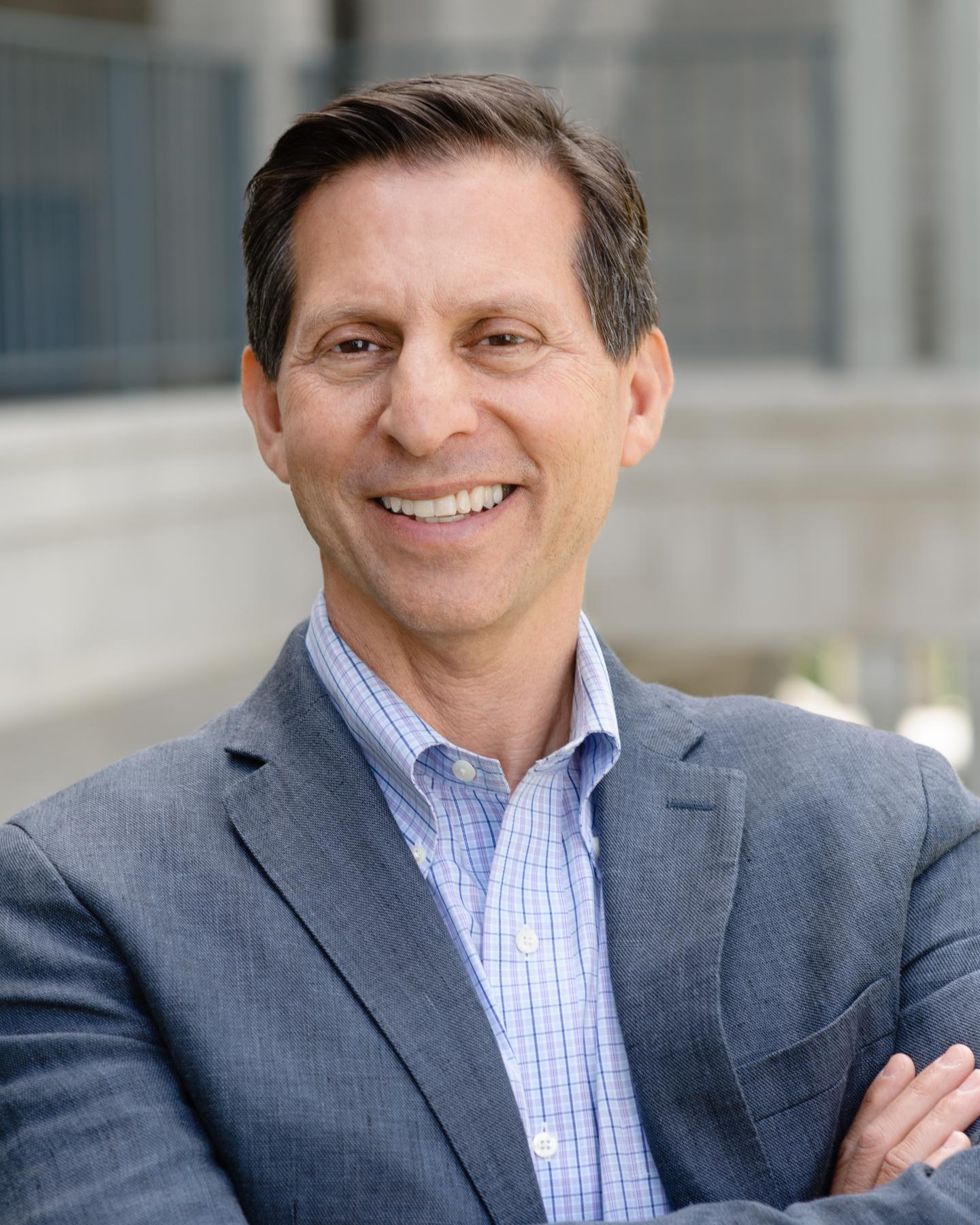
Credit: Ludwig Cancer Research
APRIL 24, 2019, NEW YORK – To explain a person’s actions in the present, it sometimes helps to understand their past, including where they come from and how they were raised. This is also true of tumors. Delving into a tumor’s cellular lineage, a Ludwig Cancer Research study shows, can reveal weaknesses to target for customized therapies.
The findings, detailed in the April 24 issue of the journal Nature, also illustrate how knowledge of the biochemistry and microenvironment of the tissue from which a tumor arises can help predict the genetic alterations its cancer cells are likely to undergo.
“We’re trying to understand what might make a cancer vulnerable to precision oncology,” said Paul Mischel, a member at the San Diego Branch of the Ludwig Institute for Cancer Research, who led the study. “These findings suggest that understanding the interactions between genes and environments can lead to potentially more effective, selective and specific ways to treat cancer.”
In their study, Mischel and his colleagues, including Ludwig San Diego’s Bing Ren, postdoctoral fellow Sudhir Chowdhry and Vineet Bafna, computer science professor at the University of California, San Diego (UCSD), analyzed more than 7,000 tumors from 200 cancer studies and 2,600 normal samples of 19 different tissue types. They identified two simple patterns, or “rules,” that had to do with the production of nicotinamide adenine dinucleotide (NAD), a biomolecule essential to metabolism and a broad range of other vital cellular processes.
First, tumors arising in tissues whose cells normally express high levels of an enzyme known as NAPRT become dependent on one of three available pathways to generate NAD. Secondly, cancers of tissues where NAPRT expression is not normally elevated end up relying on a different pathway to make the crucial biomolecule.
“NAD is a critical ingredient of cells,” said Mischel, who is also a professor of pathology at UCSD. “It’s vital to the DNA damage response and is also involved in epigenetic regulation,” the chemical tagging of the genome that regulates gene expression.
NAD is so important that healthy cells have three different ways of generating it, so that if one method fails, a backup is always available. “Using genetic approaches, we showed in a very rigorous way that healthy cells really do have the capacity to use any of those pathways,” said Mischel. “Cancer cells are different.”
Mischel and his colleagues noticed that cancer cells arising from tissues where NAPRT levels are high to begin with tend to have multiple copies of the NAPRT gene (and/or one other critical gene in the PH pathway called NADSYN1) and so produce even more NAPRT. These cancer cells rely exclusively on the so-called Preiss-Handler (PH) pathway to produce NAD. Inhibiting or depleting NAPRT in these cells leads to tumor death.
“It appears that the type of tissue from which tumors arise may be quite important for determining which NAD biosynthesis pathway is chosen,” Mischel said.
In contrast, cancer cells arising from tissues where NAPRT levels are not normally elevated produce NAD using another method called the salvage pathway, and they do this by remodeling their epigenome. Most important: In both cases, the cancer cells lose the ability to use other means of producing NAD.
“They have to make a pathway choice, and they can’t switch,” Mischel said. “They effectively become addicted to either the PH or the salvage pathway.”
To demonstrate how these tumor addictions might be exploited, the researchers implanted engineered human ovarian cancer cells addicted to the PH pathway into the left side of mice and human lung cancer cells hooked on the salvage pathway into their right sides. The ovarian tumors shrank when genes important for the PH pathway were silenced using genetic engineering approaches, but not when key proteins in the salvage pathway were depleted. The lung tumors showed the opposite effect: they shrank only when salvage pathway proteins were depleted.
The team also demonstrated how the same effect could be achieved with drugs. Currently, there are no drug inhibitors for the PH pathway in mammalian cells, but the scientists found that a compound known to block NADSYN in bacteria was also effective against the human tumors.
Mischel and Ren’s groups, and their colleagues, will continue to work together to better understand the processes and specific molecular events that drive the cancer cell’s addiction to a particular NAD biosynthesis pathway.
###
This research was supported by the Ludwig Institute for Cancer Research, Defeat GBM program of the National Brain Tumor Society, NVIDIA Foundation, Ben and Catherine Ivy foundation, Ziering Family Foundation in memory of Sigi Ziering, National Institutes of Health (NIH) grants and National Science Foundation (NSF) grants.
About Ludwig Cancer Research
Ludwig Cancer Research is an international collaborative network of acclaimed scientists that has pioneered cancer research and landmark discovery for more than 40 years. Ludwig combines basic science with the ability to translate its discoveries and conduct clinical trials to accelerate the development of new cancer diagnostics and therapies. Since 1971, Ludwig has invested $2.7 billion in life-changing science through the not-for-profit Ludwig Institute for Cancer Research and the six U.S.-based Ludwig Centers. To learn more, visit http://www.
For further information please contact Rachel Reinhardt, [email protected] or +1-212-450-1582.
Media Contact
Rachel Reinhardt
[email protected]
Related Journal Article
http://dx.




